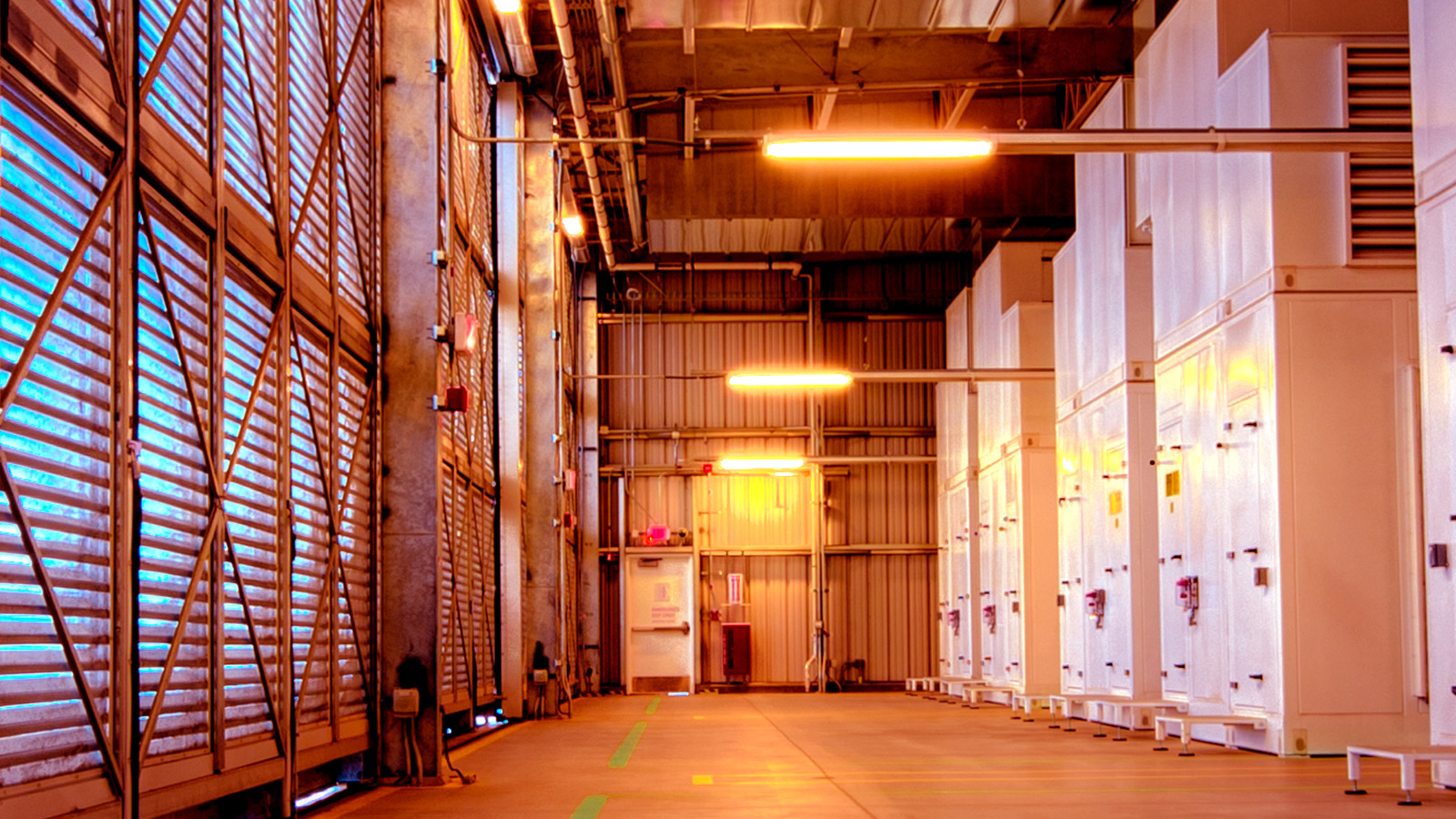Introducing the Microsoft Datacenter Academy at Big Bend Community College

Quincy, a rural town of 7,500 located in central Washington, once called agriculture its main industry. In recent years, however, tech firms saw the benefits of locating operations in a town with vast plots of available land, inexpensive hydro-electric power, and robust infrastructure. In the past decade , the demand for skilled IT professionals in Quincy has outpaced the supply of the local talent pool.

Accelerating local systems administration education with financial support
Since 2018, Microsoft has provided scholarship funding to Big Bend Community College (BBCC) students enrolled in the Systems Administration – Datacenter Specialization certificate program. In Quincy, where around 20 percent of the population lives below the poverty line and 77 percent of residents are Hispanic or Latinx, this financial assistance benefits populations typically underrepresented in STEM fields, with the goal of ultimately preparing these students for employment in local high-tech jobs. Says Nicki Pierce, one scholarship recipient, “I want to learn and know all that I can. If it weren’t for Microsoft, that would not be possible. Especially for me, their financial assistance was key to me being able to do this.”
The BBCC certificate program came about, in part, based on requests from regional employers, such as Microsoft, Sabey, CyrusOne, Yahoo, and H5, who need more trained professionals to staff their datacenters. The program strengthens relationships between businesses in the community and the community college while building a pipeline of potential employees for IT and other tech jobs. According to BBCC Computer Science Specialist Tom Willingham, “Two of the datacenter employees are on our advisory board committees and they constantly interact with us and make sure that our programs are in line. That kind of support is actually more important to me than the dollars.”
Providing real-world hands-on learning opportunities with updated hardware
Microsoft also supplied computer hardware to help establish a datacenter lab. These hardware donations were complemented by a donation from Stetner Electric, including general electric upgrades and the installation of power distribution equipment, to simulate a real datacenter environment. At partner schools like BBCC, the Microsoft Datacenter Academy program provides hands-on learning opportunities, organizes events to bring together the community and Microsoft employees, and engages with groups that have historically been underserved in the technology sector.

Because of the hardware contribution from Microsoft, BBCC students now have access to hardware that’s nine years newer than their previous technology.
Students enrolled in the one-year datacenter program learn how to set up and manage Microsoft-donated equipment, providing them with real-world experience applicable to datacenter and IT jobs.
This supplements their technical coursework and work-based learning to better prepare them to attain an IT job. According to Willingham, “Technology changes so fast, and when it gets old it is just not as useful. So, having this equipment donated really helps bring us up to speed.”
Continuously improving the local employee pipeline
The Datacenter Academy program plugs in to supplement partner schools’ existing IT curriculum to prepare students for datacenter employment, whether with Microsoft or other area employers. BBCC is also utilizing Microsoft to help shape and continuously improve their computer science curriculum. Willingham says, “We are working closely with the datacenter team to customize our credentials to train students with the skills datacenters need. Students who successfully complete this one-year program will be equipped with the knowledge needed to gain entry-level employment in an IT job.” While not every Datacenter Academy participant will go on to work in Microsoft, the program prepares students for a variety of high-tech jobs and provides much needed local talent.
“I have a hard time with someone just telling me what to do, I have to see it. So the hands on has made all the difference in learning what I have and how fast I’ve learned it.”
—Nicki Pierce, Datacenter Academy Participant

